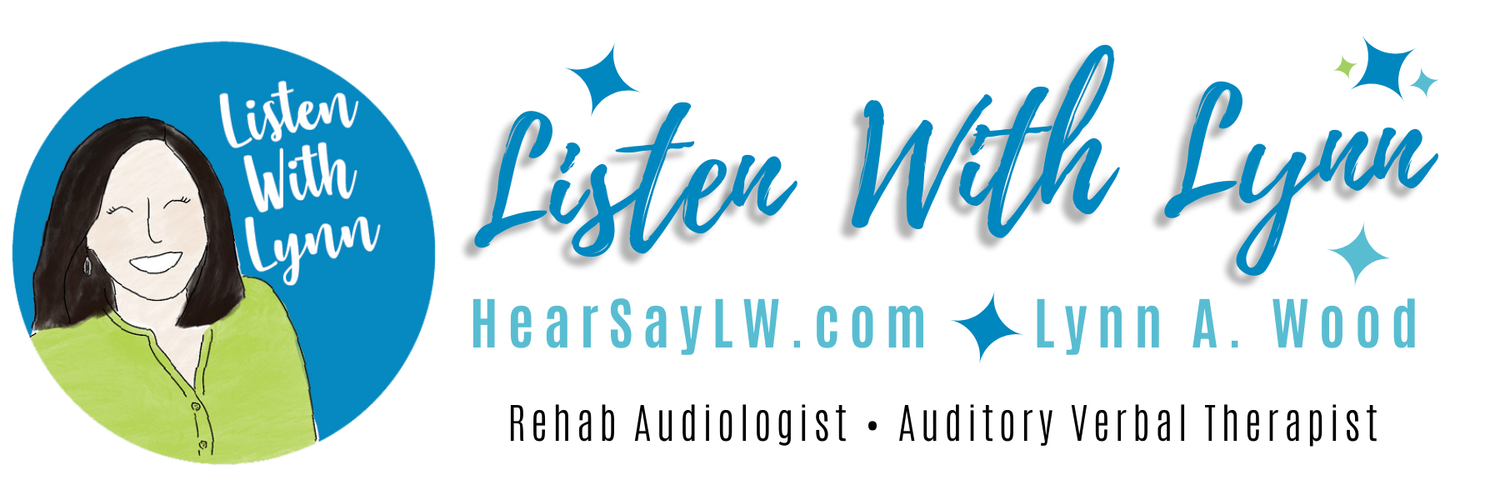This blog post was adapted from the http://www.medel.com article entitled,
Helping Your Child Enjoy New Events with Their Cochlear Implant
by Donna Sperandio, Head of Rehabilitation at MED-EL
You can be read the original article HERE
For any child a new activity or event is an experience, and especially for a child with hearing aids or cochlear implants each new event means new sounds and experiences that may seem overwhelming. But don’t worry, there are a few ways that you can help to make their listening experience, and the whole event, comfortable and enjoyable.
The Key Word: Preparation
Involving your child in preparing for the event in an age-appropriate way is the best method to make everything enjoyable.
First, just introduce them to the general idea of what the event is about. This way they can develop an overall understanding of what to expect.
How should you do this? An easy way would be to explain the big steps that might occur by just talking about them in order. Or, you could get a bit more creative. If you have pictures from similar events, or if it’s a recurring event maybe from the last time it happened, then you can show these to your child to give them an idea of what they might see or be around. Younger children might enjoy acting out the activity with toys or dolls, and this can be especially useful in structured events like a wedding where there’s a clearly defined routine to the whole event.
Then, you can get more into the details. What are specific activities that happen at this event? Will someone be standing up to give a speech, and if this happens how should your child behave? If there will be songs or music, maybe your child would enjoy hearing them in advance so that he or she can better enjoy them during the actual event.
Here are some basic questions that you can think about what to tell your child:
- Why is this event happening?
- What will happen at the event?
- Who will be at the event?
- Will there be any surprises, like unexpected events or noises, for which he or she can prepare?
- How should your child behave? Is it formal or informal?
- Will there be speakers, and where will the speakers be located? (This is important because it might influence where your child should sit or stand to hear best.)
During the Event: Enjoy
Depending on your child, you may want to either stay close or give them lots of space. Make sure to talk with them in advance and, if they’re old enough, make a choice that both of you can agree upon. Remember, the goal is to make it enjoyable for them as well as for you. If your child likes to be independent, that’s great! Encourage his or her independence, but also let them know that you’ll always be nearby if needed.
If your child uses any assistive listening devices make sure to grab them before leaving, and don’t forget any other accessories or extra batteries just in case. Again, it’s better to be prepared.
Talking with the event organizers can also help, whether it’s just informing them that your child will be present with his or her cochlear implant or asking about any assistive listening devices they have.
Example questions could be like:
Afterwards: Relax
If you want to reflect afterwards, you could ask your child if they have any questions about what had happened at the event or just ask them how they felt. If you took any photos at the event you could also look through them now.














